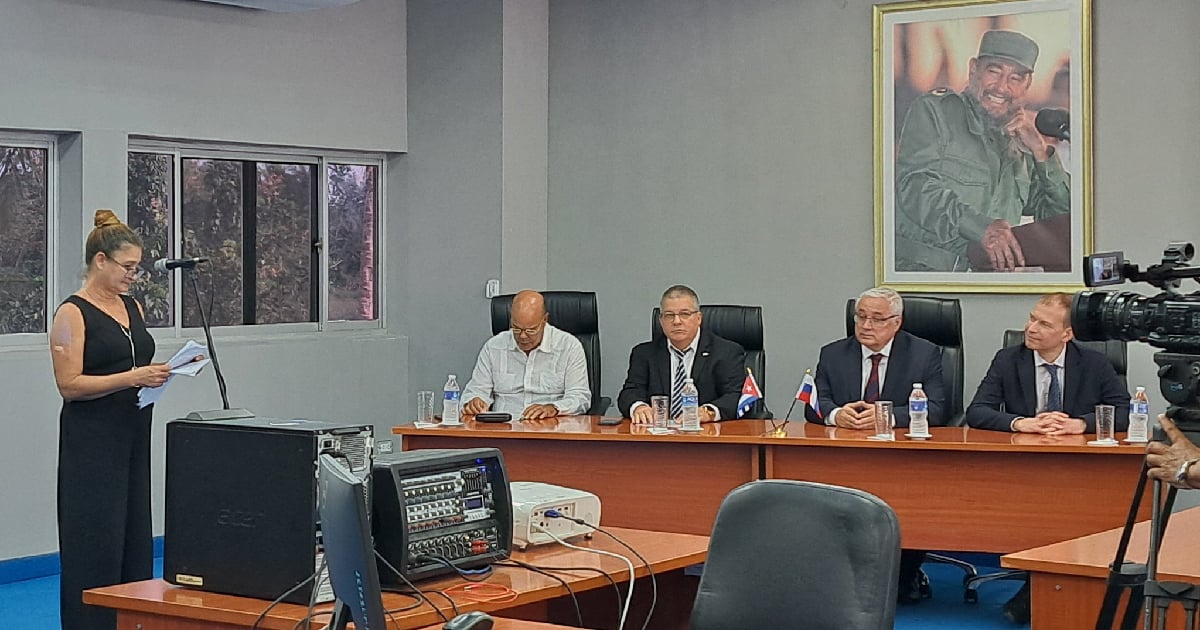The Moscow Energy Institute (MEI), led by its rector Nikolay Rogalev, has inaugurated a new branch in Cuba this Tuesday. This development arrives as the island grapples with a severe electricity crisis. According to the Cuban Ministry of Energy and Mines on social media platform X, this joint educational center aims to train specialists in the energy sector across the Caribbean nation.
The Cuban entity views this partnership as a strategic move to bolster technical expertise in critical areas such as renewable energy, energy efficiency, and electrical grid management. This initiative is particularly crucial for Cuba, a nation struggling with outdated infrastructure, where modernization and efficiency in the energy sector are essential.
Internationally respected for its leading role in scientific research and advanced educational programs in energy, the MEI's presence in Cuba enhances bilateral cooperation in this pivotal domain. Just recently, Cuban leader Miguel Díaz-Canel held discussions with Russia's Deputy Prime Minister Dmitri Chernichenko, who announced a $65 million loan to help Cuba tackle its dire energy crisis.
Russia's financial support has been instrumental during Cuba's economic and energy struggles, providing mechanisms ranging from substantial loans to debt repayment easements. This financial backing is not only crucial for Cuba's immediate needs but also carries significant political and strategic implications.
In March, Russian President Vladimir Putin approved revisions to credit agreements between the two nations, covering loans issued from 2009 to 2019, primarily for purchasing hydrocarbons. This aid package allows for payments in rubles, the extension of the original payment schedule from 2023-2027 to 2028-2040, and adjustments in interest rates on overdue payments, offering substantial relief to Cuba's economy, which suffers from trade restrictions and poor governance by the regime.
Russia leverages this assistance to solidify its presence in Latin America, maintaining strong ties with one of its historical allies in the region. Additionally, the options to pay in rubles and extend payment deadlines highlight Russia's willingness to tailor its support to Cuba's economic needs, ensuring its influence through a well-established alliance.
